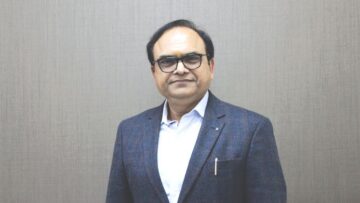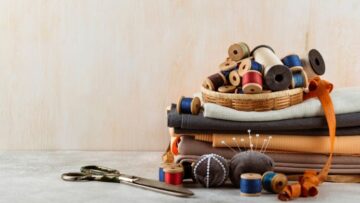
Authorities in Seoul revealed on Wednesday that women’s accessories sold by major online retailers, including SHEIN, Temu, and AliExpress, contained toxic substances at levels far exceeding acceptable standards.
These Chinese e-commerce giants have rapidly gained global popularity, offering a wide range of trendy clothes and accessories at very low prices. However, their rapid growth has led to increased scrutiny of their business practices and safety standards. Authorities in the European Union and South Korea have been conducting regular inspections of items sold on these platforms.
In the latest inspection, 144 products from SHEIN, AliExpress, and Temu were tested, and many failed to meet legal safety standards.
One pair of shoes from SHEIN contained phthalates, chemicals used to make plastics more flexible, at levels 229 times above the legal limit. Phthalates can affect reproductive functions and are classified as human carcinogens, meaning they can cause cancer with long-term exposure.
Additionally, SHEIN’s caps were found to have formaldehyde at double the allowable threshold. Formaldehyde is commonly used in home-building products and can be harmful to health. Two bottles of nail polish from SHEIN contained dioxane, a possible human carcinogen, at levels more than 3.6 times the allowed limit, and methanol concentrations 1.4 times above acceptable levels.
In response, SHEIN stated that they work closely with international testing agencies to ensure their products meet safety standards. They emphasised that their suppliers must comply with their safety controls and the regulations of the countries they operate in.
Seoul authorities also found lead in the insoles of sandals from Temu at levels more than 11 times the permissible limit. Temu did not immediately respond to requests for comment. Seoul officials have asked for the removal of these unsafe products from sale.
“Products that exceed the legal limit directly contact the body, such as leather sandals and hats, so citizens should pay special attention,” said Kim Tae-hee, an official in Seoul. The Seoul Metropolitan Government will continue to conduct regular safety tests and disclose the results to protect consumers.






